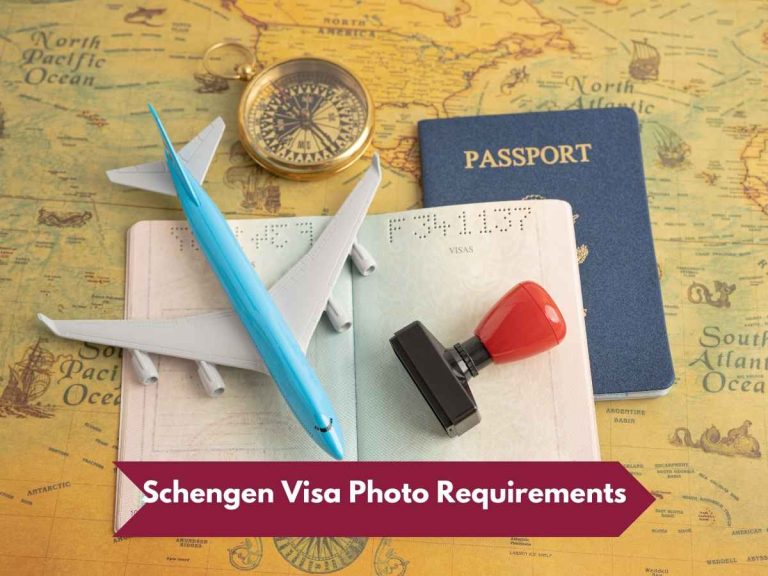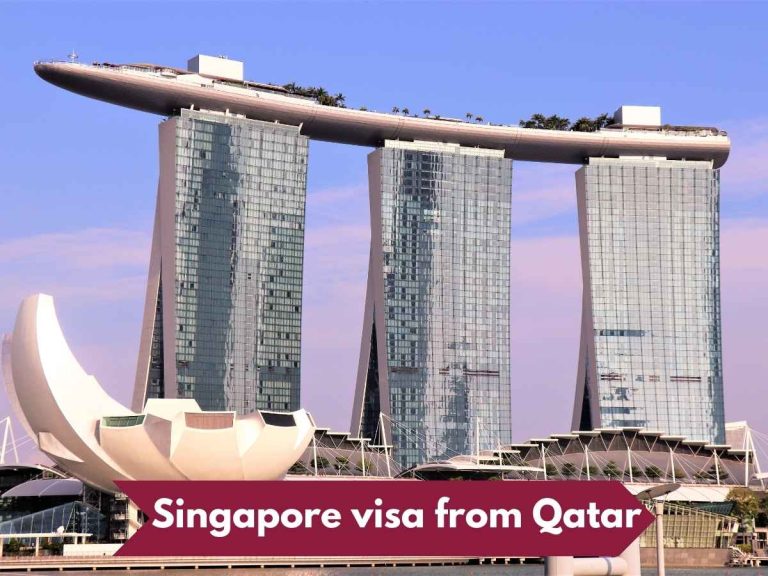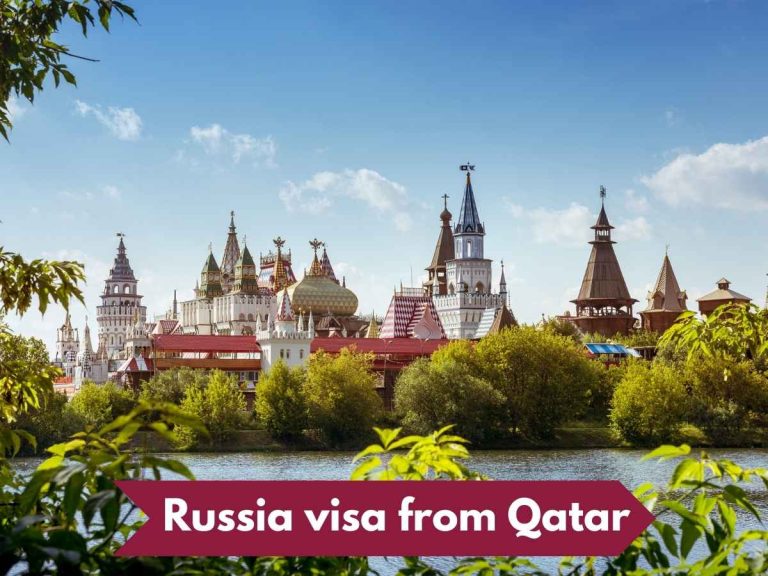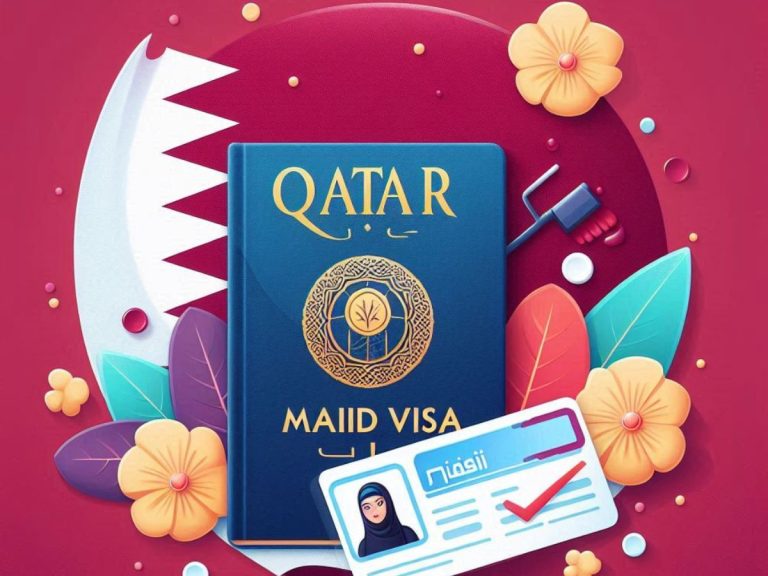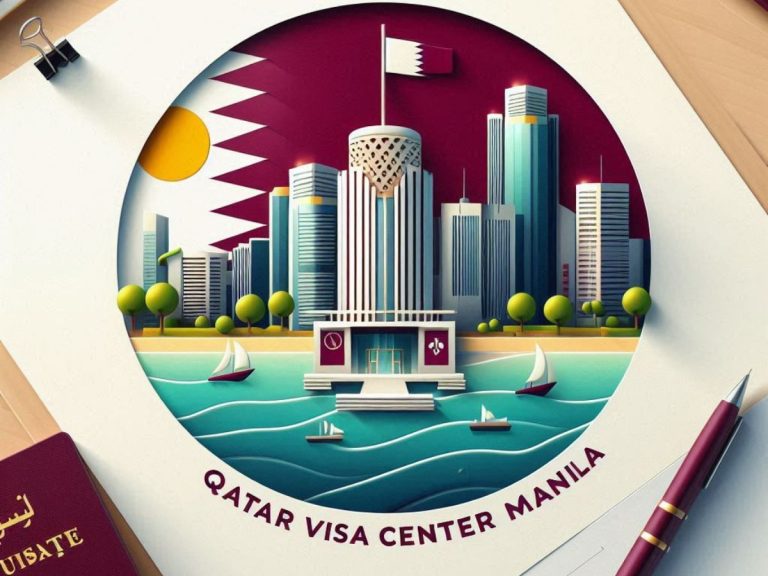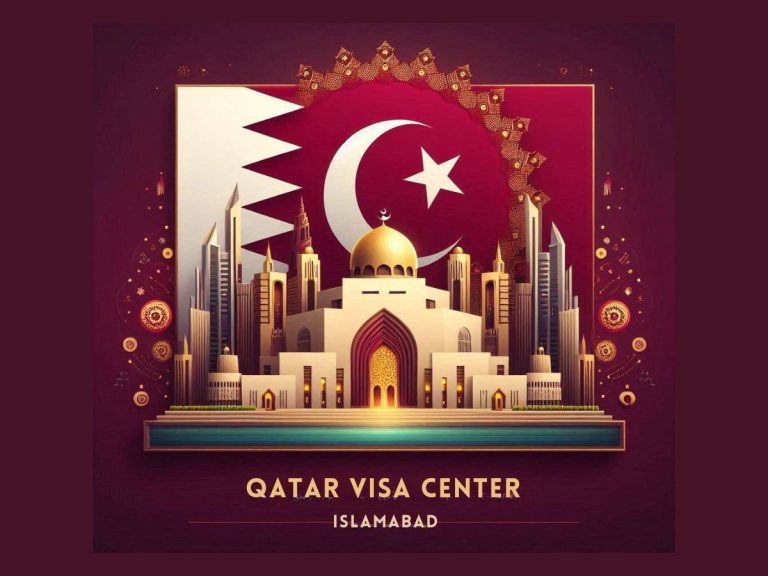Morocco Visa for Qataris: 90-Day Stay Without Hassle
Qatari citizens do not need a visa to enter Morocco for stays up to 90 days. This visa exemption allows Qatari passport holders to visit Morocco for tourism or business purposes without obtaining a visa in advance.
Visa Requirements for Qatari Citizens Visiting Morocco
Qatari nationals enjoy visa-free travel to Morocco, making it easy to plan trips between the two countries. However, there are still some important requirements and considerations to keep in mind when traveling from Qatar to Morocco:
Passport Validity
While Qatari citizens don’t need a visa, they must have a valid passport to enter Morocco. The passport should be valid for at least 6 months beyond the planned date of entry into Morocco. This ensures that your passport will remain valid throughout your stay and allows for any unexpected extensions to your trip.
Length of Stay
The visa exemption allows Qatari nationals to stay in Morocco for up to 90 days within a 180-day period. This applies to both single entry and multiple entries during that timeframe. If you plan to stay longer than 90 days, you will need to apply for a residence permit or long-term visa.
Purpose of Travel
The visa-free entry applies to tourism, business meetings, and other short-term non-work purposes. If you intend to work or study in Morocco, you will need to obtain the appropriate visa or permit before traveling.
Proof of Accommodation
While not always required, it’s advisable to have proof of your accommodation arrangements in Morocco. This could be hotel reservations or an invitation letter if staying with friends or family.
Return Ticket
Having a return ticket or onward travel booking may be requested by immigration officials to ensure you plan to leave Morocco within the allowed 90-day period.
Travel Insurance
Travel insurance is not mandatory for entry but is highly recommended to cover any medical emergencies or trip disruptions.
Entry Process for Qataris Arriving in Morocco
When you arrive in Morocco as a Qatari citizen, you can expect the following entry process:
Immigration Control
Present your valid Qatari passport to the immigration officer. They will check your passport and may ask about the purpose and length of your stay.
Entry Stamp
The officer will stamp your passport with an entry stamp, which serves as proof of your legal entry into Morocco. This stamp is important, so make sure it’s clearly visible and legible.
Customs Declaration
After passing through immigration, you’ll need to go through customs. Declare any items required by Moroccan customs regulations.
No Visa Needed
Remember, as a Qatari citizen, you don’t need to show a visa or pay any visa fees upon arrival. The process should be straightforward if you meet the basic entry requirements.
Extending Your Stay in Morocco
If you’re a Qatari citizen and wish to stay in Morocco beyond the initial 90-day period, you have options:
Residence Permit
For longer stays, you can apply for a residence permit at the local police station in Morocco. This should be done before your 90-day visa-free period expires.
Exit and Re-entry
Another option is to leave Morocco before the 90 days are up and then re-enter, which resets your 90-day allowance. However, be aware that frequent exits and re-entries may raise questions with immigration officials.
Long-term Visa
For extended stays for work, study, or other purposes, you’ll need to apply for the appropriate long-term visa through the Moroccan embassy or consulate in Qatar before your trip.
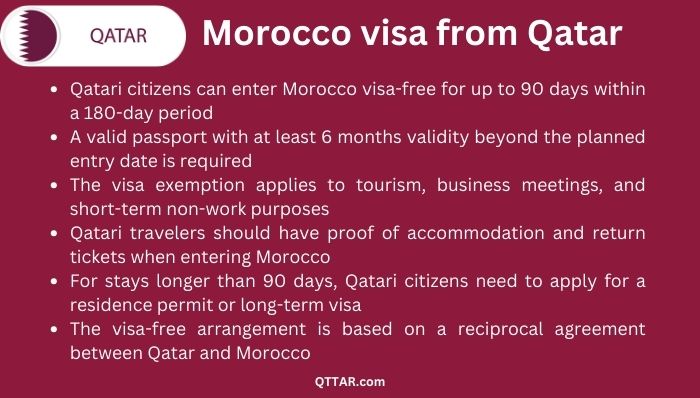
Travel Tips for Qataris Visiting Morocco
To ensure a smooth trip from Qatar to Morocco, consider these tips:
Cultural Awareness
While both Qatar and Morocco are Arab countries, there are cultural differences. Familiarize yourself with local customs and etiquette in Morocco.
Language
Arabic is widely spoken in Morocco, but the local dialect differs from Gulf Arabic. French is also commonly used, especially in business settings.
Currency
The Moroccan Dirham (MAD) is the local currency. It’s a closed currency, meaning you can’t bring it in or out of the country. Exchange money after arrival or use ATMs in Morocco.
Health Precautions
Check with your doctor about any recommended vaccinations or health precautions before traveling to Morocco.
Emergency Contacts
Keep the contact information for the Qatari embassy or consulate in Morocco handy in case of emergencies.
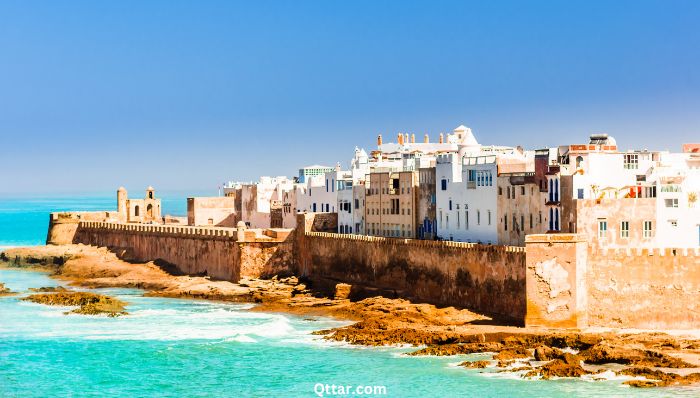
Business Travel Between Qatar and Morocco
For Qatari business travelers to Morocco, the visa-free arrangement simplifies short-term business trips. However, keep these points in mind:
Business Meetings
You can attend business meetings, conferences, and trade shows without a special visa.
Work Restrictions
The visa exemption does not allow you to take up employment in Morocco. For work purposes, you’ll need a work permit and the appropriate visa.
Business Culture
Moroccan business culture may differ from what you’re used to in Qatar. Research local business etiquette before your trip.
Documentation
Carry business cards and any necessary documents related to your business activities in Morocco.
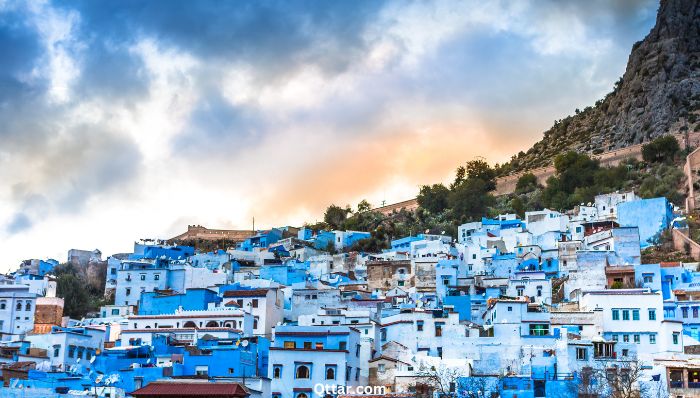
Tourism Opportunities for Qataris in Morocco
Morocco offers diverse attractions for Qatari tourists:
Historical Sites
Visit ancient cities like Fez, Marrakech, and Meknes to explore Morocco’s rich history.
Coastal Resorts
Enjoy beach destinations like Agadir or Essaouira for a relaxing seaside vacation.
Desert Experiences
Take a trip to the Sahara Desert for camel treks and nights under the stars.
Shopping
Explore traditional souks and modern malls for a unique shopping experience.
Cuisine
Sample Moroccan cuisine, known for its flavorful tagines and couscous dishes.
Reciprocal Agreement Between Qatar and Morocco
The visa-free travel arrangement between Qatar and Morocco is based on a reciprocal agreement:
Mutual Benefits
This agreement promotes tourism and strengthens economic ties between the two nations.
Moroccan Citizens in Qatar
Similarly, Moroccan citizens can enter Qatar visa-free for up to 30 days.
Diplomatic Relations
This visa exemption reflects the positive diplomatic relations between Qatar and Morocco.
Comparing Visa Requirements for Other Nationalities
While Qataris enjoy visa-free entry to Morocco, citizens of many other countries need to obtain visas:
Visa-Required Countries
Many nationalities must apply for a visa before traveling to Morocco.
E-Visa System
Morocco has introduced an e-visa system for some countries, simplifying the application process.
Visa on Arrival
Some nationalities can obtain a visa upon arrival in Morocco, but this doesn’t apply to all travelers.
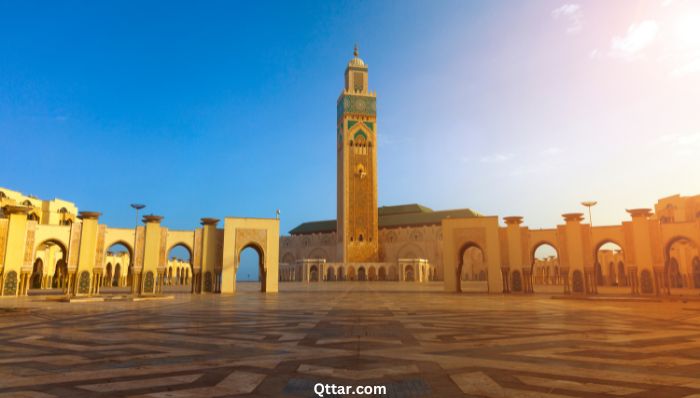
FAQs
Do Qatari children need separate passports to enter Morocco?
Yes, all Qatari citizens, including children, need their own valid passports to enter Morocco.
Can Qatari residents (non-citizens) enter Morocco visa-free?
No, the visa exemption only applies to Qatari citizens. Non-Qatari residents of Qatar should check their specific visa requirements for Morocco.
Is a yellow fever vaccination certificate required for Qataris entering Morocco?
Generally, no. However, if you’re traveling from a country with a risk of yellow fever transmission, you may need to show a vaccination certificate.
Can Qatari citizens work in Morocco without a visa?
No, the visa-free entry does not permit employment. Qatari citizens intending to work in Morocco must obtain the appropriate work visa and permits.
Are there any restrictions on bringing Qatari currency into Morocco?
There are no specific restrictions on bringing Qatari Riyals into Morocco, but it’s advisable to exchange currency after arrival or use local ATMs.
What should Qatari citizens do if they overstay the 90-day limit in Morocco?
Overstaying can result in fines and potential difficulties with future travel. If you need to stay longer, apply for an extension before your 90 days expire.
Preparing for Your Trip from Qatar to Morocco
To ensure a smooth journey from Qatar to Morocco, follow these preparation steps:
Check Your Passport
Ensure your Qatari passport is valid for at least six months beyond your planned stay in Morocco.
Book Your Flights
Reserve your flights between Qatar and Morocco. Direct flights are available from Doha to several Moroccan cities.
Arrange Accommodation
Book your hotels or other accommodations in advance, especially during peak tourist seasons.
Travel Insurance
Consider purchasing travel insurance to cover any unexpected events or medical emergencies.
Learn Basic Phrases
While Arabic is spoken in both countries, learning a few phrases in Moroccan Arabic or French can be helpful.
Pack Appropriately
Check the weather at your Moroccan destinations and pack suitable clothing. Remember to respect local customs in your dress.

Ammara Abdullah is an experienced writer and editor specializing in technology and digital trends. With over 5 years of experience, she produces insightful articles on emerging tech, consumer electronics, and digital culture. Ammara holds a degree in journalism and is passionate about making complex topics accessible to readers.

